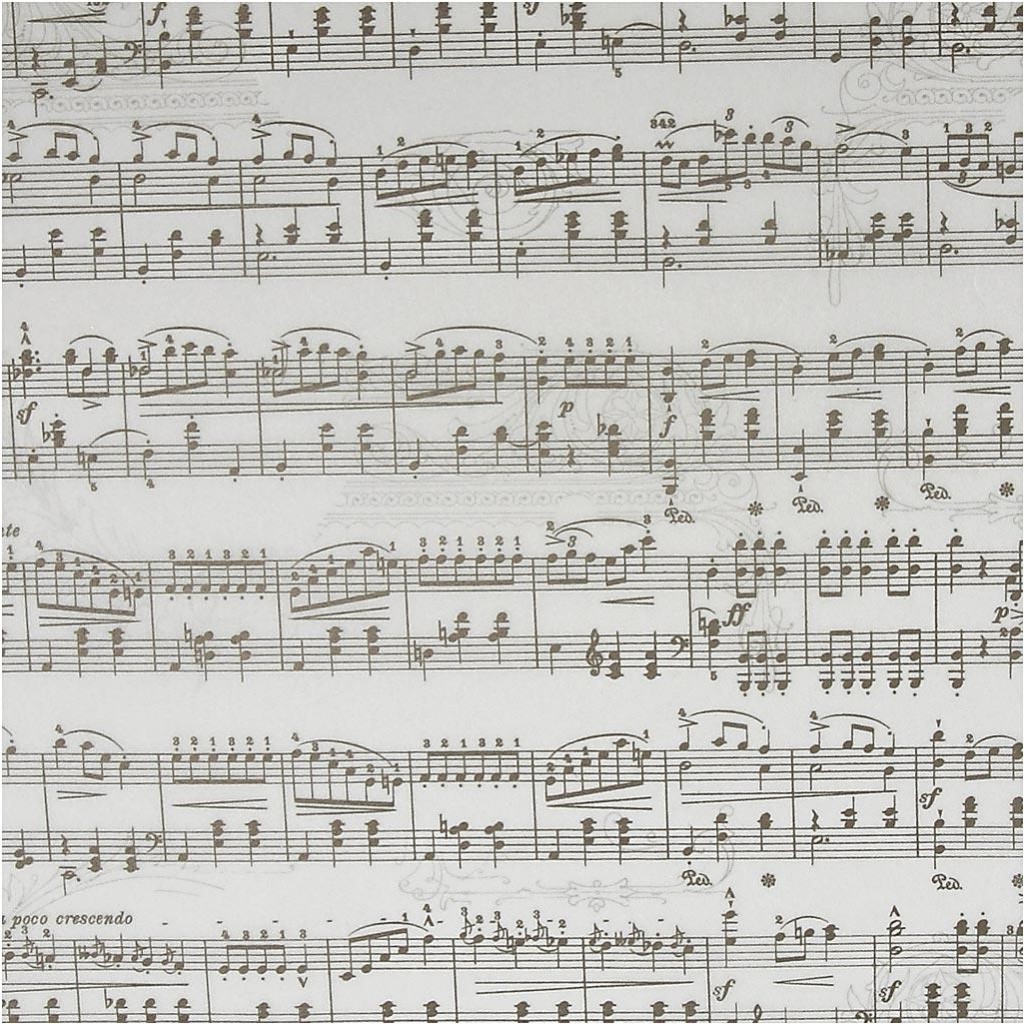Continuing the theme of living a balanced life, I want to introduce another way for each of us to assess our life. The Wellness Wheel has six dimensions because wellness is not just about physical health but all aspects of life. When a wheel is well balanced it can turn smoothly. Here is a picture of the wellness wheel with the dimensions labeled. There are 36 statements that correspond to the spaces on the wheel.
The directions for this exercise, if you’d like to do it, are to read each of the 36 statements and starting at the top in the first section labeled Physical and working clockwise, fill in each space on the wheel to the percentage that you think you do that or agree with that statement. For example, #1 is “I eat a balanced, nutritional diet.” In the first section at the top, fill in the percentage of time we do that, so if I feel like three-fourths of the time I do that I color in up to the 75% of that section. The second sentence would be answered and filled in in the section clockwise from #1.

Each section is a different color such that when we were done, we could see how
balanced we were living, and which areas were out of balance one way or the other.
PHYSICAL
1. I eat a balanced, nutritional diet.
2. I exercise at least three times a week.
3. I take responsibility for my physical health.
4. I am generally free from illness.
5. I have annual check-ups and specific medical checks as prescribed.
6. If at all, I use tobacco, alcohol, or prescribed drugs responsibly and moderately.
FINANCIAL
7. I live within my means and take responsibility for my financial decisions.
8. My spending and saving habits reflect my values and beliefs.
9. I actively plan for periods in my life when I may not have income.
10. I pay bills on time and positively mange credit.
11. I balance present-day spending with saving for the future.
12. I have similar financial beliefs and practices as those with whom I am close.
INTELLECTUAL
13. I enjoy learning new skills and information.
14. I have positive thoughts (low degree of negativity and cynicism).
15. I am generally satisfied with my vocation/major.
16. I commit time and energy to professional growth and self-development.
17. My work is stimulating, rewarding, and reflects my values.
18. I pursue mentally stimulating interests and hobbies.
EMOTIONAL
19. I have a sense of control in my life and am able to adapt to change.
20. I perceive “problems” as opportunities for growth.
21. I am able to comfort and console myself when I am troubled.
22. I have a sense of fun and can laugh at myself.
23. Others would describe me as emotionally stable.
24. I believe I am responsible for my feelings and how I express them.
SOCIAL
25. I have at least three people with whom I have a close, trusting relationship.
26. I am able to resolve conflicts in all areas of my life.
27. I have satisfying social interactions with others.
28. I am aware and able to set and respect my own and others’ boundaries.
29. I am aware of the feelings of others and can respond appropriately.
30. I have a sense of belonging to a group or within organizations.
SPIRITUAL
31. I have a sense of meaning and purpose in my life.
32. I have a general sense of serenity.
33. I am happy with the beliefs I hold.
34. I practice prayer, meditation, or engage in some type of reflective growth.
35. Principles/ethics/morals provide guides for my life.
36. I trust others and am able to forgive others and myself.
 Everyone’s wheel is going to look a little bit different – there is no perfect wheel or right answer to this. Also, the wheel will look a bit different in different ages and stages of life. When you look at the balance or imbalance of the wheel you’ve created, what goals would you like to set in the short term? In the long term?
Everyone’s wheel is going to look a little bit different – there is no perfect wheel or right answer to this. Also, the wheel will look a bit different in different ages and stages of life. When you look at the balance or imbalance of the wheel you’ve created, what goals would you like to set in the short term? In the long term?

Does your life look like this? Life for you may not revolve
around a laptop, but is there something else you could
substitute in this cartoon to make it true for you?


 How well we were balancing
How well we were balancing

 ourselves, or think we have it all figured out. It’s like the water is dammed up upstream from us. Eventually we’re going to run out of water to send downstream and become a dry barren riverbed. Likewise, if we dam up the river down stream of us by not helping others, eventually we’ll overrun our banks and cause problems with those around us. We become self-absorbed, needy, or dependent on others instead of giving as we’ve been given.
ourselves, or think we have it all figured out. It’s like the water is dammed up upstream from us. Eventually we’re going to run out of water to send downstream and become a dry barren riverbed. Likewise, if we dam up the river down stream of us by not helping others, eventually we’ll overrun our banks and cause problems with those around us. We become self-absorbed, needy, or dependent on others instead of giving as we’ve been given.
